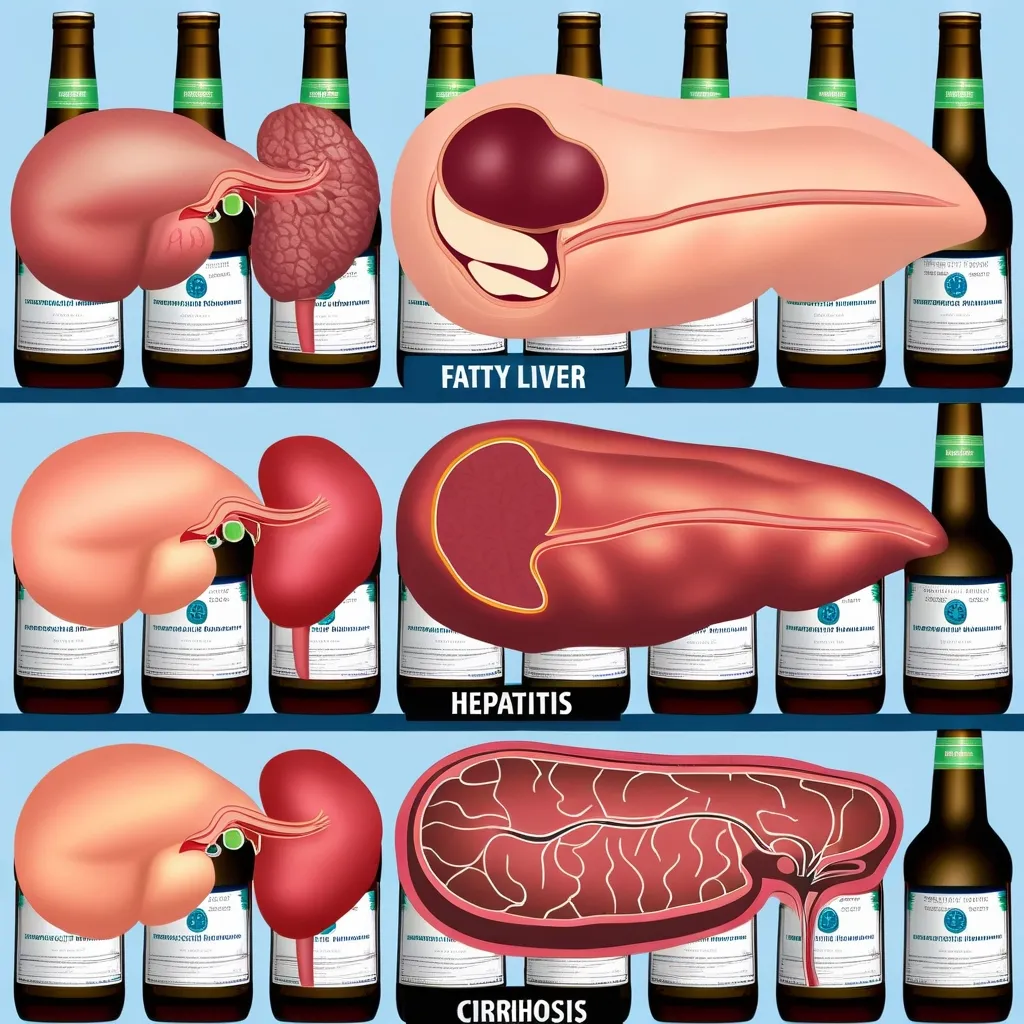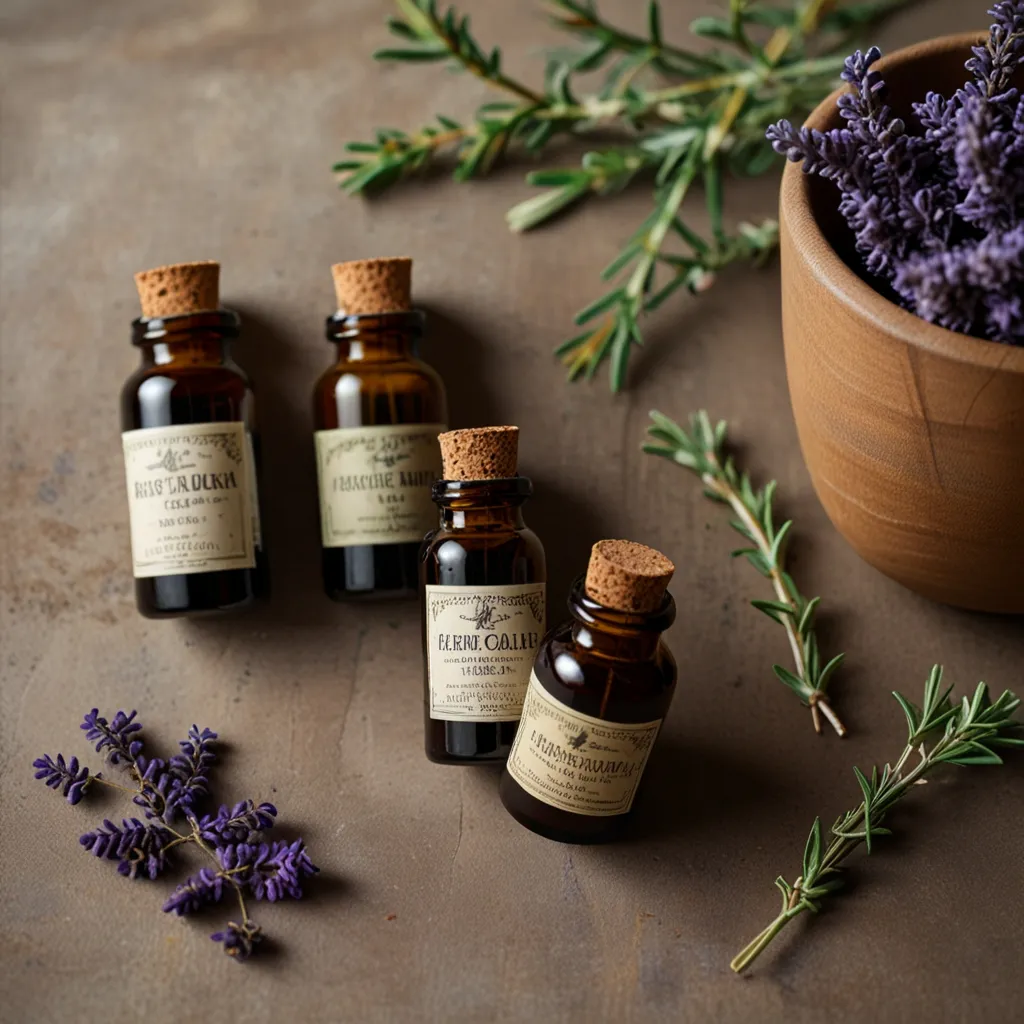Anemia. It creeps up on you, steals your pep without you even knowing. Your body’s red blood cells just aren’t pulling their weight, not hauling enough oxygen around to keep things running smoothly. The results? Well, let’s break it down.
Imagine dragging through the day feeling exhausted despite a good night’s sleep. That’s fatigue, a standout sign of anemia. Tired doesn’t begin to cover it. It’s an all-consuming weariness that makes even the simplest tasks feel like a Herculean effort. Alongside this relentless fatigue, weakness often tags along. The chore that took a couple of minutes now feels like a mountain to climb.
Then there’s the breathlessness, hitting you like a ton of bricks even when you’re sitting still. It’s more than just being out of shape—your body simply isn’t getting the oxygen it craves. As if catching your breath isn’t challenging enough, your skin might start to look a bit off too. Think pale or with a yellowish tinge, especially noticeable on lighter complexions.
Your ticker could start throwing a fit. Irregular heartbeats might suddenly make themselves known—flip-flopping and racing in a way that’s hard to ignore. Dizziness and lightheadedness become close companions, often making you feel like the room is spinning when you jump up too quickly. Chest pains might join the lineup, along with throbbing headaches. As if someone flipped the thermostat to ‘frosty,’ your hands and feet often feel icy cold, and the incessant urge to move your legs can drive you up the wall.
In cases where anemia digs in deep, you might notice some unexpected changes. Your nails could become brittle and break easily. Mouth ulcers and a sore tongue might make eating a chore. During that time of the month, menstrual bleeding can ramp up for women. Odd cravings for things that aren’t food, like ice, are not uncommon—you’re not imagining it. The skin might stay pale, and the whites of your eyes could gain a bluish hue, giving more clues to what’s happening inside.
Anemia doesn’t discriminate and can affect anyone, including kids and teens. In the younger crowd, it can stunt growth and developmental milestones. Ignored for too long, severe anemia can spiral into dangerous territory, potentially paving the way for heart issues like arrhythmias and failure, and in the most severe cases, multiorgan failure. Pregnant women? They have even more reason to be vigilant, as anemia increases the chances of premature labor and delivering a baby with low birth weight.
If you’re ticking off symptoms from this list, it’s a smart move to get checked out by a healthcare provider. They’ll run some blood tests to see what’s what. Treatment often starts with bolstering your diet or taking supplements to pump up those iron and hemoglobin levels. Sometimes, though, more medical intervention is needed.
At the end of the day, millions of people wrestle with anemia worldwide, but recognition is half the battle. The earlier it’s spotted, the quicker you can tackle it head-on and start feeling like your old self again. Understanding anemia is like giving yourself a leg up—you know the enemy, and you’re ready to fight back and reclaim that energy. Running out of steam doesn’t have to be your norm. Be proactive, stay informed, and take steps to manage it, ensuring you’re on the path to feeling healthier and more vibrant.






